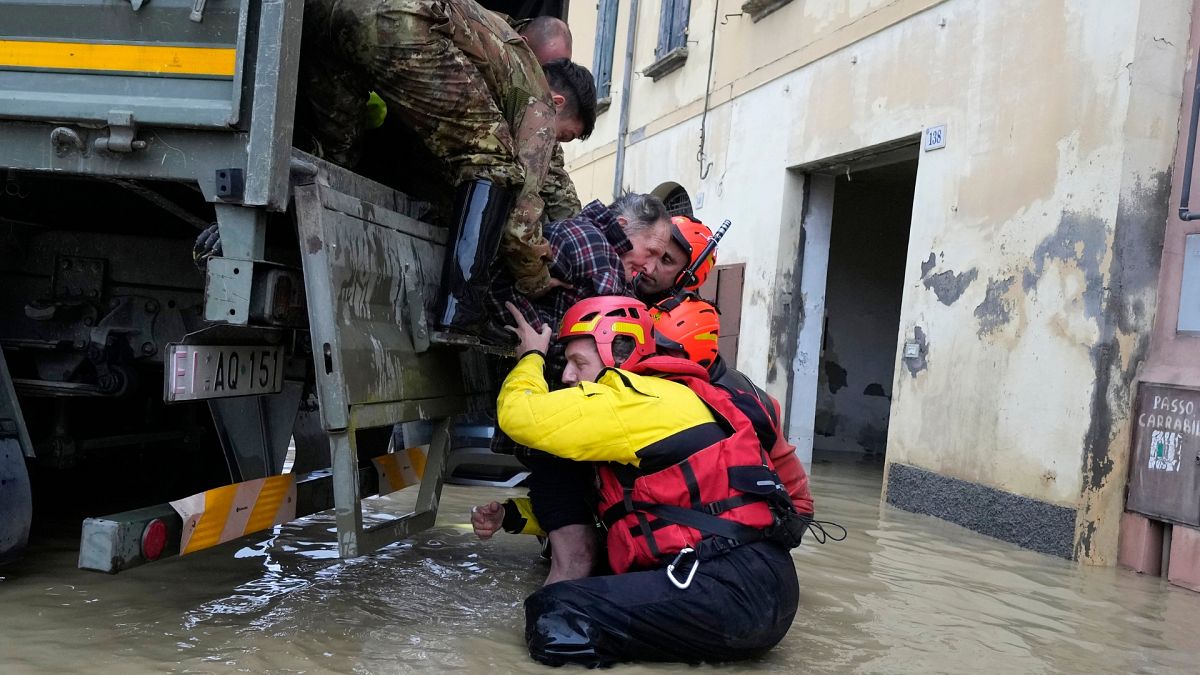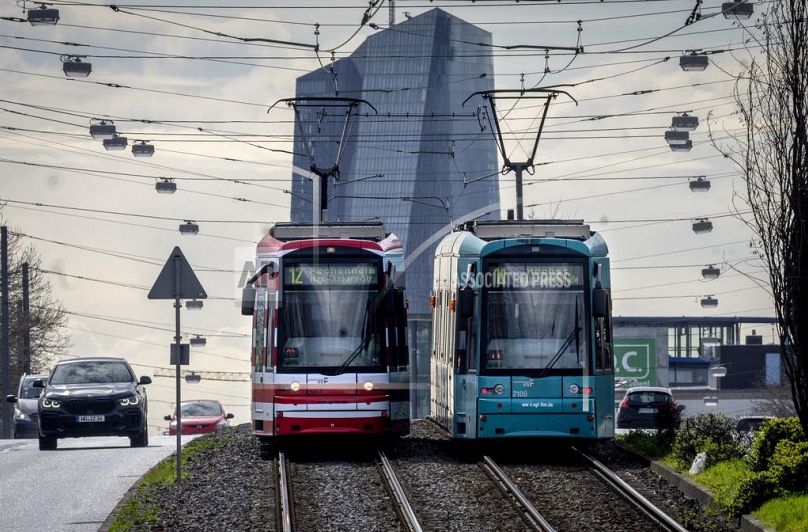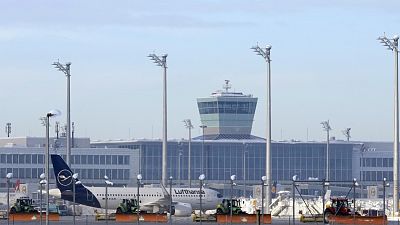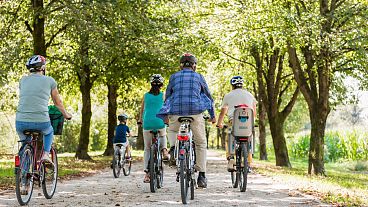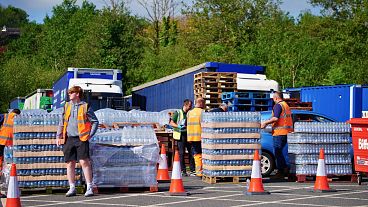More than 2,000 people across seven EU member states were quizzed about what they think are the most pressing issues facing the bloc.
People in Europe are more worried about natural disasters than armed conflicts according to a new study.
The study by Debating Europe, the citizen engagement unit of think tank Friends of Europe, comes just a month before the bloc heads to the polls for the European Elections.
More than 2,000 people across seven EU countries - Belgium, France, Italy, Germany, Poland, Spain and Sweden - were asked what they thought were the most pressing issues currently facing Europe. Topics included climate change, democracy, inclusive and sustainable growth, and safety and defence.
Climate change was a considerable source of anxiety for respondents in the study with participants overwhelmingly declaring themselves worried about the future.
People frequently stressed the need to make up for lost time following decades of inaction which had left humanity “playing catch-up” with climate and environmental policies. A significant proportion believed it was too late to avoid the worst effects with some even saying there was “little left to save”.
Rather than an individual or divisive topic, many people perceived it as an all-encompassing challenge that affects everyone.
“In the face of inaction on climate change, we are all losers,” said Julia, a participant from Spain.
What climate solutions do Europeans want to see?
The solutions preferred by the people who took part included taxing big polluters and curbing overconsumption. Young people were considerably more in favour of taxing polluters than people over 30.
Study participants were positive about the role of technology but said it needed to be “human-centric”. Placing too much hope in it to save the planet, they said, would be extremely counterproductive.
“I am in favour of innovation and technology to boost the green transition but let’s also start from quite simple and immediate solutions,” said Alessandra, a participant from Italy.
Public transport was also identified by all study participants across all countries as something that should be prioritised to reduce car dependency. Even in countries that already have robust transport systems like Germany, Sweden and France, people called for upgrades. Rail transport in particular was regarded as being neglected.
Universally, participants demanded more political action on climate change with the need for policymakers to take the threat seriously.
Climate change and security
People also noted a connection between fossil fuels and security. Several participants, particularly in Germany and Italy, felt fossil fuels helped to fund “unfriendly” governments. Some said Russia’s invasion of Ukraine was a “wake-up call” regarding the social cost of relying on imported oil and gas.
Much discussion around security was dedicated to climate-related natural disasters which were seen as more of a threat inside the EU than potential armed conflicts.
Alarmed by their increasing frequency, participants wanted to see authorities do more to prevent and mitigate the effects of extreme weather events, droughts and other natural calamities that can severely affect everyday life.
